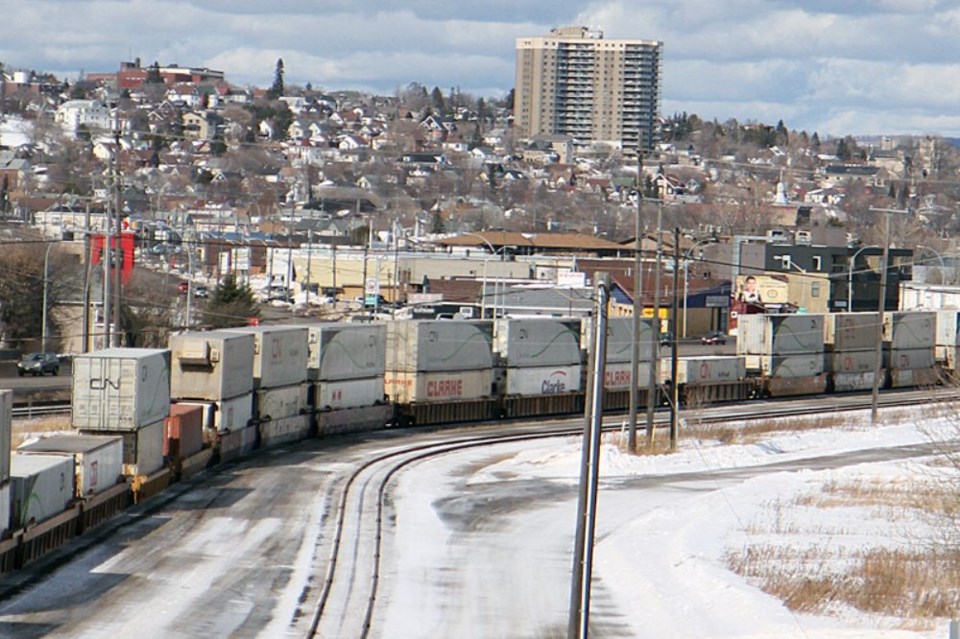THUNDER BAY -- City officials insists they are prepared to handle any potential emergency, including a significant train derailment.
Thunder Bay Fire Rescue deputy chief Greg Hankkio said even though a rail emergency is considered a low frequency event, it would pose high risk.
“That would challenge our department and municipality, there’s no doubt about that,” Hankkio said Tuesday when asked if the city’s emergency services were prepared for a major rail emergency.
“That being said, we would respond in the best capacity we could and try to deal with the event based on our standard operating procedures.”
The issue of rail safety has come to the forefront across the country following the derailment of a CN Rail train that derailed just outside Gogama on Saturday.
That was the third derailment in Northern Ontario in the past month and the second near the town, which is about 80 kilometres south of Timmins.
While those have all occurred in remote areas away from populated areas, they are still haunting reminders of the country’s deadliest rail disaster since 1864.
The July 6, 2013 derailment and ensuing fire and explosions from a 74-car Montreal, Maine and Atlantic Railway train in the heart of Lac-Megantic, Que. killed 47 people and levelled most of the community’s downtown core.
Hankkio said procedural plans are in place for how the fire department, city police, Superior North EMS and the emergency operations control group would address a potential situation.
“That may involve isolating the scene, evacuating the people or protecting them in place if that’s what was required. We have standard operating procedures we would use to respond,” he said.
“We would try to mitigate the event, if it’s fire suppression activities for example, as best as we could. That would be decided by the incident commander on scene and then we would work in cooperation with other emergency responders and the rail companies.”
Thunder Bay also has a Chemical, Biological, Radiological, Nuclear and Explosive hazardous materials team.
MP John Rafferty (Thunder Bay-Rainy River) said it is clear more needs to be done at a federal level to ensure rail safety.
“I think the Ministry of Transportation needs to immediately hire more inspectors. They are an essential feature to the safety of trains and right now I believe Transport Canada doesn’t have the resources they need to carry out more inspections,” Rafferty said.
He cited data from the Transportation Safety Board of Canada which found in the last five years there has been an average of 81 rail accident deaths annually.
While urban derailments have been exceedingly rare, Rafferty said rail companies need to realize the areas surrounding their tracks have drastically changed in some cases.
“Railroads need to understand they now run through communities where perhaps they did not run before 50, 40 or 30 years ago. There has to be a different consultative process that goes on with municipalities and those officials and homeowners,” he said.
